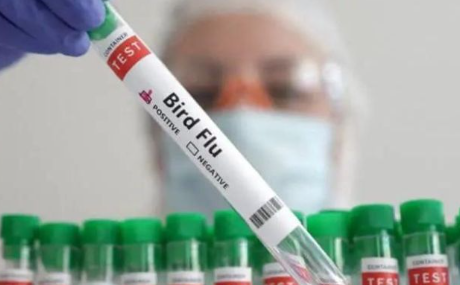WHO Launches Project to Develop H5N1 Vaccines Using mRNA
On July 29, 2024, the World Health Organization (WHO) announced a new project to speed up the development of vaccines for bird flu in poorer countries. This project will use messenger RNA (mRNA) technology. An Argentinian company, Sinergium Biotech, is leading the effort by developing H5N1 bird flu vaccine candidates.
Background on H5N1
The H5N1 strain of bird flu was first detected in 1996 and has been spreading among bird populations worldwide. Since 2020, there have been more outbreaks, and the virus has also started infecting mammals, raising fears that it could eventually lead to a human pandemic.
The Role of mRNA Technology
The project will use mRNA technology, which teaches the body to make proteins that trigger an immune response. The WHO will work with Sinergium Biotech to prove that the technology works through initial studies. After that, they will share knowledge and resources with vaccine manufacturers in poorer countries.
Aiming for Vaccine Equity
This project builds on the WHO’s mRNA Technology Transfer Programme, started during the COVID-19 pandemic to address vaccine shortages worldwide. The program includes 15 manufacturing partners in different countries, helping ensure that everyone has better access to vaccine production.
Preparing for Future Pandemics
The WHO also mentioned that traditional flu vaccines could be adapted to fight H5N1 if it starts spreading among humans. However, mRNA vaccines are preferred because they are more flexible. Manufacturers can quickly switch to producing different vaccines as needed, supporting a sustainable way to make vaccines and treatments. The WHO’s initiative aims to improve vaccine production in lower-income regions, making sure the world is better prepared for future pandemics. This is particularly important because bird flu viruses continue to pose a serious public health risk.
About WHO
- Foundation and Location: The World Health Organization (WHO) was founded in 1948 and is based in Geneva, Switzerland, with 194 member countries.
- Official Languages and Health Standards: The WHO uses six languages: English, French, Spanish, Russian, Chinese, and Arabic. It created the International Classification of Diseases (ICD) to standardize health data worldwide.
- Pandemic Response and Funding: The WHO is essential in fighting pandemics like HIV/AIDS, malaria, and COVID-19. Its Global Health Observatory provides vital health data, and it mainly relies on voluntary contributions for funding.
Month: Current Affairs - July, 2024
Category: Science & Technology Current Affairs







